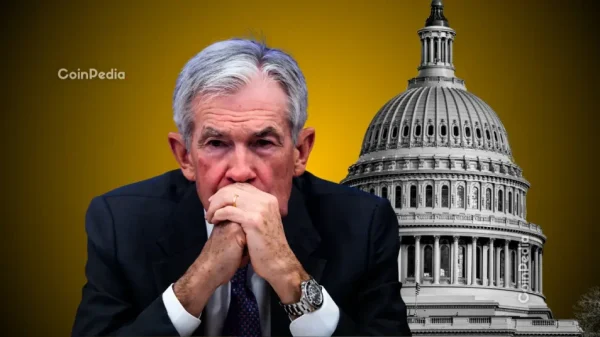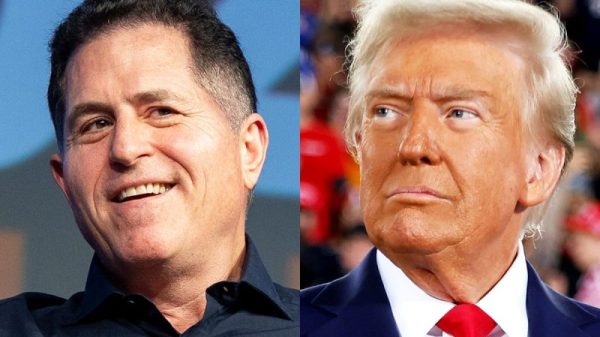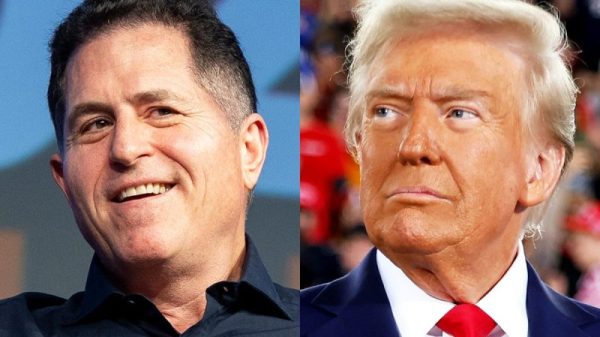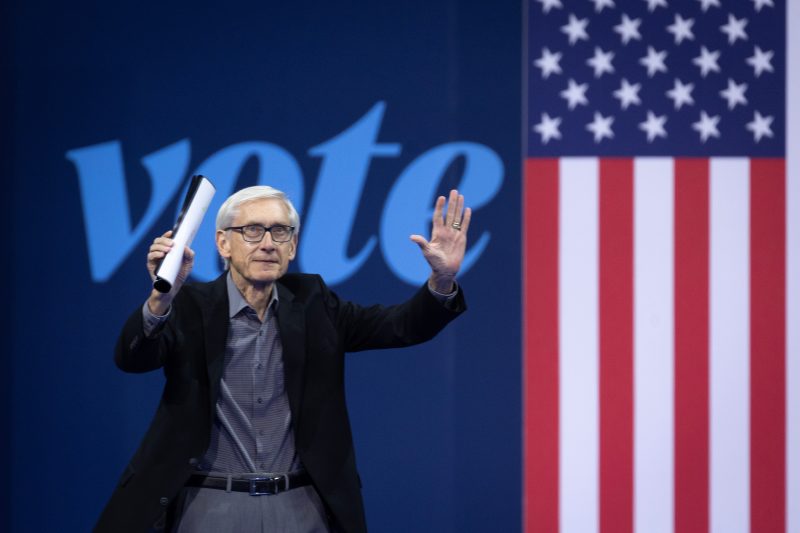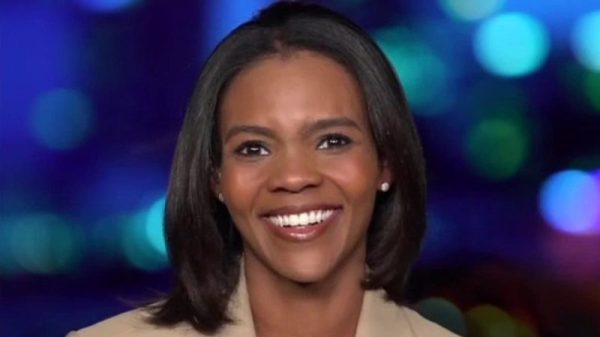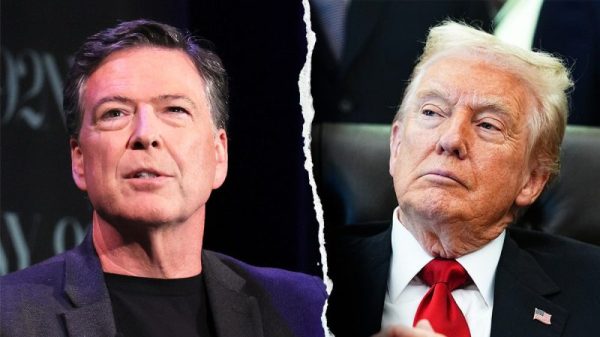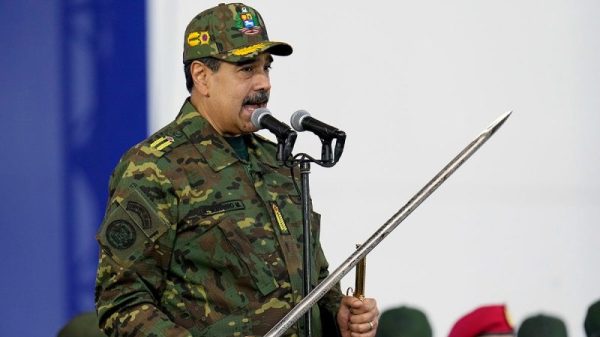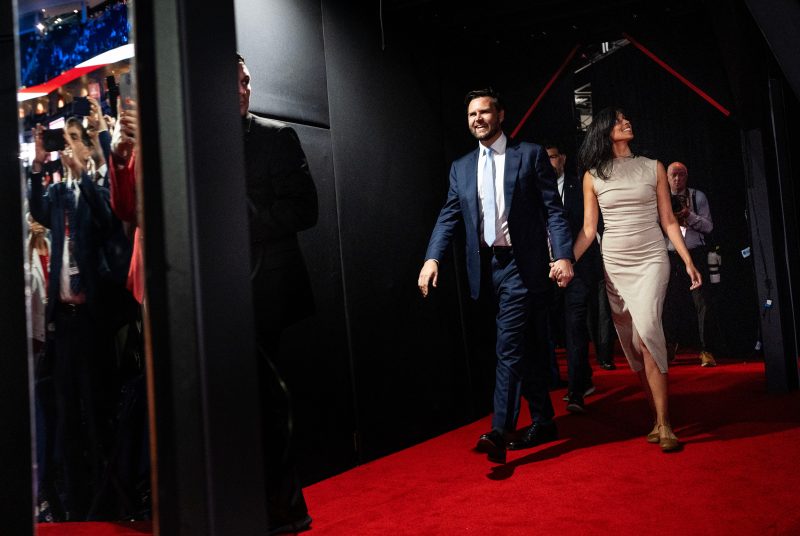
The first and only vice-presidential debate is Tuesday. Republican nominee Sen. JD Vance (Ohio) and Democratic nominee Minnesota Gov. Tim Walz will face off in person, and it could be the last debate before the election.
Vice-presidential candidates can make a difference in tight races, said Joel Goldstein, a vice-presidential scholar at St. Louis University. And this campaign has remained a margin-of-error race in all seven major swing states despite many twists and turns.
Vance in particular has the potential to be a polarizing figure onstage, since he’s one of the most unpopular vice-presidential candidates in modern history and has helped galvanize some on the left for his past comments denigrating “childless cat ladies� and immigrants.
“Look at vice-presidential debates as ways to create momentum or blunt momentum,� added Jim Kessler, a Democratic strategist with the center-left think tank Third Way. “You don’t score touchdowns in vice-presidential debates, but you can gain yards or you can lose yards.�
Here’s what each candidate needs to do to win the debate — and maybe score a few hard-fought points in an extraordinarily close race.
Both have to hype — and probably defend — their bosses
Former president Donald Trump had a rough debate last month, missing opportunities to try to pin Vice President Kamala Harris to unpopular Biden administration policies. Vance will probably to try to score points where Trump couldn’t. That could mean he focuses less on Walz, who was virtually unknown on the national stage until Harris selected him as her running mate.
“Unlike his partner on the ticket, Vance needs to be disciplined,� said Stan Barnes, a former Republican Arizona state senator.
Walz will probably be singularly focused on promoting Harris to undecided voters, particularly men who might be on the fence about voting for the first Black and Indian American woman to top the ballot.
“It seems to be that Walz acts in an appropriately deferential way when the two of them are campaigning together, and that underscores the fact she is the Democratic Party leader,� said Goldstein, the vice-presidential scholar. “And that as far as he’s concerned, that’s exactly how it should be.�
Vance needs to explain his past comments about Trump
Before he became a U.S. senator in 2023, Vance was extraordinarily critical of Trump, calling him “reprehensible,� “cultural heroin� and possibly “America’s Hitler.� He has since said Trump’s presidency won him over.
But even at the end of Trump’s presidency, Vance was harshly criticizing his now-running mate. The Washington Post reported that in private Twitter messages in 2020, Vance said that Trump “thoroughly failed to deliver� on his economic agenda, and he predicted Joe Biden would win that year’s election.
It’s a tough position for Vance to be in, especially since he’ll also be focused on winning Trump’s praise, a task all Trump acolytes seem to be focused on when they’re in the spotlight.
But Vance is a regular on cable news. Although Walz has made a name for himself during public appearances, too: He got the vice-presidential nomination after referring to Republicans as “weird.�
Vance may need to address his false claims about immigration
When Trump falsely said while debating Harris that Haitian immigrants in Springfield, Ohio, were eating cats and dogs, he had plucked that information from Vance, who threw out the possibility on social media a day earlier. Since then, the conspiracy theory has followed Vance, resulting in headlines when he doubled down after the debate, even after it was so clearly false. Then Vance said it was okay to make up stories if it led the media to cover immigration.
The irony of all these unforced errors is that immigration is actually a strong issue for Republicans. Trump routinely leads on the issue over Harris in polls, especially with swing voters.
But on Tuesday, Vance could be stuck responding to questions about his falsehoods on immigrants eating pets in Springfield instead of being able to focus on border issues more broadly, including how they’re changing some communities — much safer territory for a Republican.
“There’s a real problem for a small community to handle that many immigrants all at one time,� said former Wisconsin Republican state senator Kathy Bernier, who will be closely watching how this debate moves voters in her key swing state.
Walz needs to appeal to voters just tuning in
Walz embodies the Midwestern style that Harris’s campaign hopes will attract exurban voters in must-win states such as Michigan, Wisconsin and Pennsylvania.
That’s because while both he and Harris embrace liberal policies, Walz — a gun owner and former football coach — grew up in rural America and wears camouflage. The whole point of picking Walz, Democrats say, was for him to help Harris win over voters who view her as a San Francisco elite.
On the campaign trail, he’s leaned into his “aw-shucks� personality. “It’s nobody’s darn business,� Walz said at a rally earlier this month while speaking about abortion rights.
But Walz is also anxious about how he’ll perform, The Post reported. While he has debated at the state level, insiders said he’s worried about letting the campaign down.
Walz may need to defend his actions as governor and his military record
Since becoming governor of Minnesota in 2019, Walz has unapologetically championed liberal causes.
He has worked with a Democratic majority in the state Capitol to enact liberal policies: protecting rights to abortion and gender-transition care, helping move the state toward clean energy, restoring voting rights for felons, expanding background checks for gun purchases, legalizing recreational marijuana, allowing undocumented immigrants to get driver’s licenses, and instituting free tuition for low-income residents, free public school meals, and paid family and medical leave.
And he’s embraced the liberal label. “What a monster. Kids are eating and having full bellies so they can go learn, and women are making their own health-care decisions,� he said sarcastically, when asked how conservatives might frame his record.
Separately, Walz served in the military for 24 years, and some of his record has come under scrutiny. Such as: He never saw combat, but while campaigning for governor a few years ago, he indicated he had by talking about “weapons of war that I carried in war.� Walz later told CNN his “grammar’s not always correct.�




